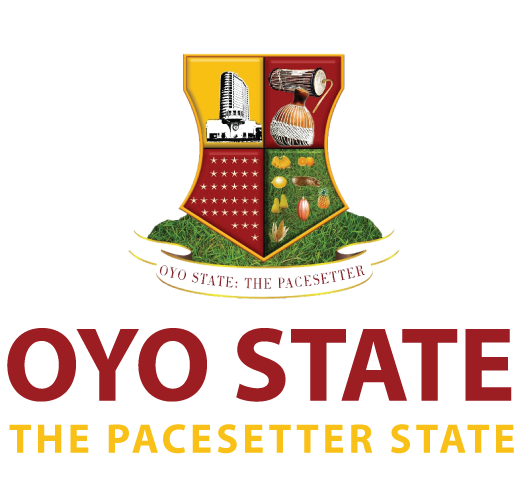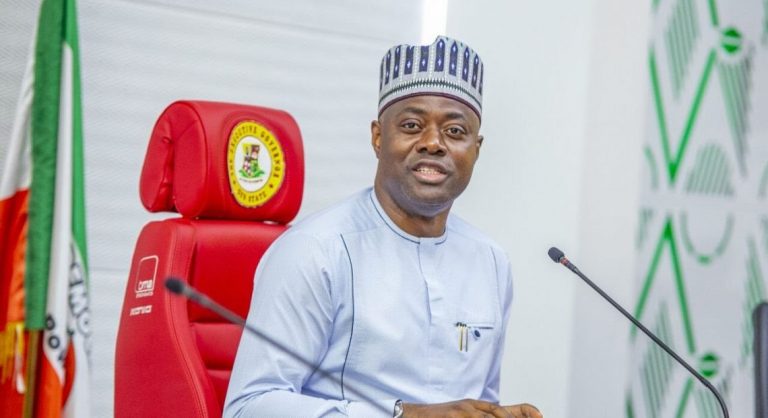
Economic reform is a very important decision to make especially when there is urgent need for such. However, when economic reform is embarked on without proper measures and buffers to ameliorate the adverse effect of such reform on the masses, it becomes an effort in futility and such reformation will be met with wide condemnation from the citizenry.
President Bola Tinubu, immediately after his swearing-in as the number one citizen of Nigeria, announced immediate removal of petroleum subsidy and upon announcement several filling stations adjusted fuel pump price and since then the entire populace has begun feeling the heat of the hasty implementation of deregulation.

I have argued in one of my several essays I have written in the past that our leaders should desist from being pushed to carry out hasty economic reform suggested by the Bretton Woods institutions without looking at socio-economic background of the citizens. Before the twin reformation of both deregulation of oil sector as well as the floating of forex, Nigeria was already coming from a very volatile state having all economic indices to be on a negative direction. and as such, whatever decision to be made should be adequately reviewed by assessing the implications of such policies on the poor citizens. It saddens one heart, that successive governments we have been having in Nigeria have continuously towed the same path of using ‘sledge hammer to kill a cockroach’ which on the long run, the aim of using such may not be achieved and at the same time may cause a severe damage.
REMOVAL OF SUBSIDY
There is no gainsaying in the fact that subsidy payment is no longer sustainable especially at a time when Nigeria faces dwindling revenue from oil sector owing to the fact that almost 100% of our earnings goes to debt servicing while few elites continue to smile to banks under the guise of subsidy payment. Truthfully, paying such humongous amount of N500bn every month to service consumption while other critical sectors left unattended to is not making economic sense. The removal of such payment in the time past had become a nightmare to successive governments due to lack of political shelved such plan. However, when a President announced removal of subsidy, one would have thought, such hasty decision will be followed with adequate measures to ameliorate the pains and sufferings of the masses after the removal. Atimes, one begins to wonder who are the advisers advising our leaders especially when they make policy that comes back to hurt the citizenry?
When people were gasping for breath after the removal of fuel subsidy, the president embarked on deregulation of foreign exchange market by floating the Naira (the implication of this is that forces of demand will continue to determine the rate. Commonsensically, government is made to make living comfortable and all policies must be geared towards the betterment of the masses. Should a policy bring pains and agony to the people, a serious government would retrace its step and find immediate measure to avert the continuous sufferings of the people. Nigerians had already seen a lot in the last administration, the figures are right there speaking about the state of being of the masses. Nigeria’s inflation stands at 23% and still rising; the miserable index, a model built by Economist Arthur Okun puts Nigeria as the fourth most miserable country in Africa, meaning that Nigerians are the fourth unhappiest people in Africa. Subsequently, 2023 WorldBank global economic outlook also gave its report on national poverty line, claiming that 4 out of 10 Nigerians live below poverty line and this has summarized how Nigeria moved to the poverty headquarters of the world. The figures are out there and speak volume about how Nigerians are living in penury. In the last five months from the same data, more than four million Nigerians have been thrown into poverty and with this recent subsidy removal, it is projected that more than five million Nigerians are estimated to be thrown into poverty. These are gloomy statistics that call for sober reflection from serious government. Hasty floating of exchange rate was a great mistake by this present administration, especially at a time when people are still finding their route to cope with adverse effect of subsidy removal. Commodity prices are cost, people can no longer afford three squared meal and civil servants are using all their salaries on transportation. These among several other concerns should have come to the table of the president before adopting brigadier-approach on its reformation agenda. If the above concerns are not properly addressed, what the President intends to achieve by floating of forex which was hurriedly done at a wrong time will further push inflation further on the high side and it will compound more on the problem.
WAYFORWARD
The president should therefore embark on immediate expansionary fiscal policies and get the work done immediately. Era of committee upon committee on salary review should have gone and we adopt global standard of immediate adjustment on minimum wage review with respect to economic reality and availability of accurate data.
The monetary authority must therefore embark on aggressive policies that will bring down the inflationary trend to a single digit while the fiscal authority complement such policies.
The government must also make sacrifice by cutting cost of governance and channel such on critical infrastructures that will ameliorate the sufferings of the people.
President Tinubu must kick start a very good structural reform and remove structural rigidity that continuously paves way for the pillage of our collective patrimony by the corrupt ruling elites.
We must at this point tell ourselves the “home truth”, it is not a rocket science for Nigeria to progress and be among the comity of developed economy, it is very simple, what we need to do is diversification from monolithic economy and start looking inward by invest heavily in productive sector that will aide sustainable capital inflows while insecurity is tackled headlong to enable the farmers return to the farms. We cannot continue to be at the behest of the global players in the oil sector and continue to hang our economy on the commodity we have no power on its price.
Ismael Taiwo MNIM, is an economist, Public Affairs Analyst and a Writer.
He writes from Ado-Awaye, Iseyin Local Govt, Oyo State.



